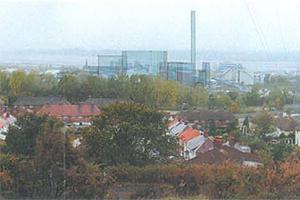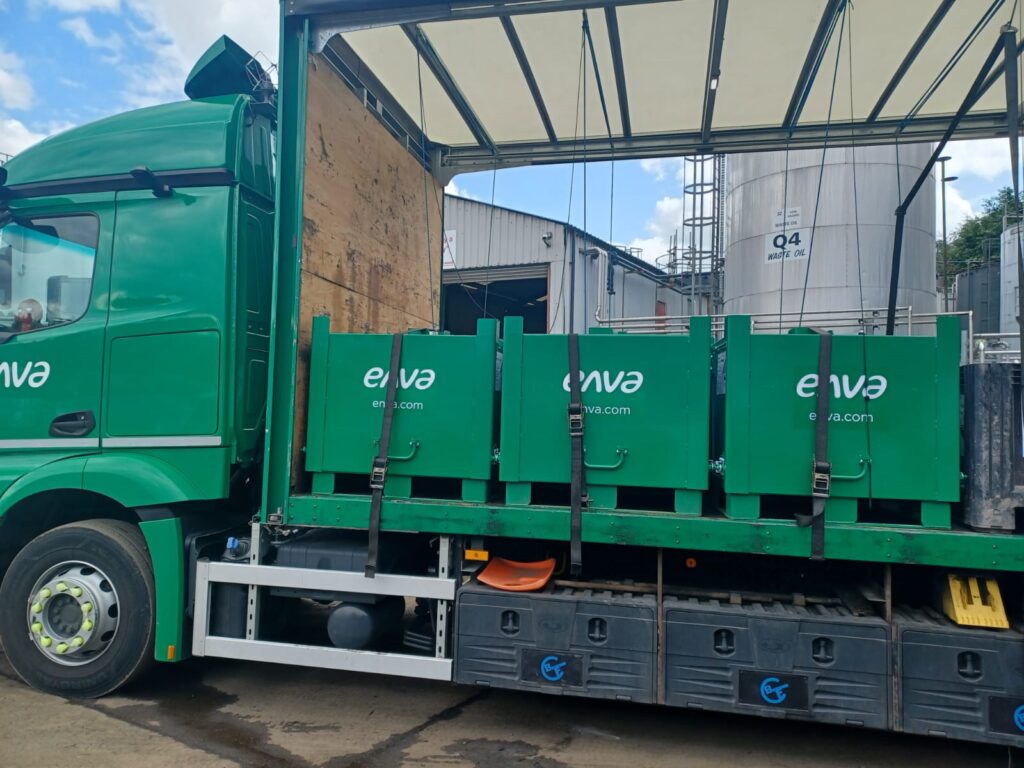But, they have not called for a public inquiry for the massive energy-from-waste facility being proposed by petrochemical company Ineos Chlor.

The council’s development control committee said after a debate on Tuesday evening that if the Secretary of State does not carefully consider local concerns, it would object to permission for the plant being given.
The plant is to generate power from up to 850,000 tonnes of refuse-derived fuel (RDF) each year, made from municipal waste collected in the North West.
Manchester’s waste disposal authority is hoping to be one of the parties to send RDF, made in mechanical biological treatment facilities, to the Ineos Chlor plant under its forthcoming PFI contract (see letsrecycle.com story).
Energy
The Runcorn facility, intended for a 10.7 hectare site, will generate combined heat and power, including 360MW of heat and up to 100MW of electricity for use by the chemical company. The Ineos Chlor chemical factory is the largest single consumer of electricity in the UK, taking 1% of national supplies. The incinerator, which is being designed to have a 105 metre stack, would generate 20% of Ineos Chlor’s power needs, replacing the use of natural gas.
The incinerator proposal must be approved by the Secretary of State for Business, Enterprise and Regulatory Reform because it is a power generating facility.
The meeting at Runcorn town hall saw 49 conditions set for the incinerator proposal, with councillors stating that “until those matters are satisfactorily addressed by the Secretary of State the council would wish to object to the granting of permission”.
Council officer Michelle Simpson explained to letsrecycle.com that following Tuesday’s debate, a sentence had been added to the report on the application to state that “if the Secretary of State does not consider the health concerns fully, the council would object to permission being given.”
She added that the technical conditions added to the project included the requirement for the testing of emissions twice a week.
Health
In a report prepared for the debate, assessing the views of a range of residents, local authorities and experts gathered in a public consultation, Halton council officers said that “the single most important issue is that of the impact the proposal may have on the health and general well-being of the residents of Halton and the surrounding areas”.
As a result, the officers recommended the Secretary of State pay close attention to the views of the local healthcare trust.
In the consultation, the Halton and St Helens Primary Care Trust had expressed some concern that the health risk assessment submitted by Ineos Chlor for the Runcorn proposal did not sufficiently cover the risk from fine particulates in emissions.
The Trust said could be concerns about particulate emissions from the incineration process or the transport to landfill of the 21,000 tonnes of fly ash and 54,000 tonnes of flue gas residues expected to be generated by the plant each year. However, it also stated that “existing evidence suggests that contemporary incineration facilities are less polluting and that modern abatement technology will help reduce the hazard from emissions provided that the facilities are properly operated at all times”.
Recommendations
The Environment Agency had no objections “in principle” to the proposals, but made recommendations requesting investigations of the site to determine risk of contamination to water, and recommending additional contamination controls including an oil interceptor.
Other views in the consultation, including those of local MPs Derek Twigg and Mike Hall, residents, pressure group Friends of the Earth and residents’ group Halton Action Group Against The Incinerator highlighted concerns about emissions and traffic impacts.
Following the consultation, Halton officers concluded: “It needs to be acknowledged that whilst public health concerns are legitimate considerations, that modern well run, well regulated waste management facilities operated in line with the latest guidance and controls pose little risk to human health.”







Subscribe for free